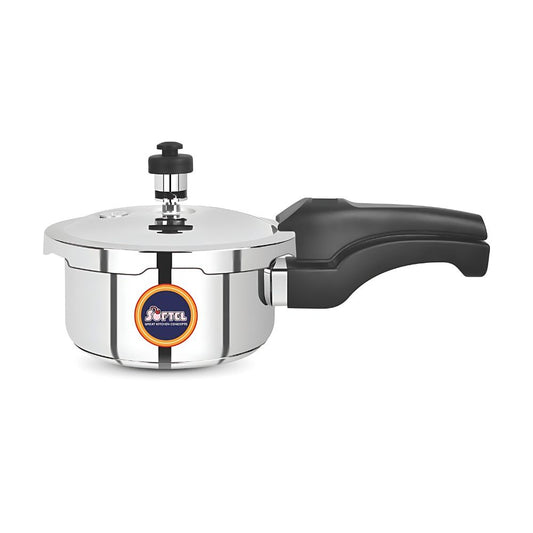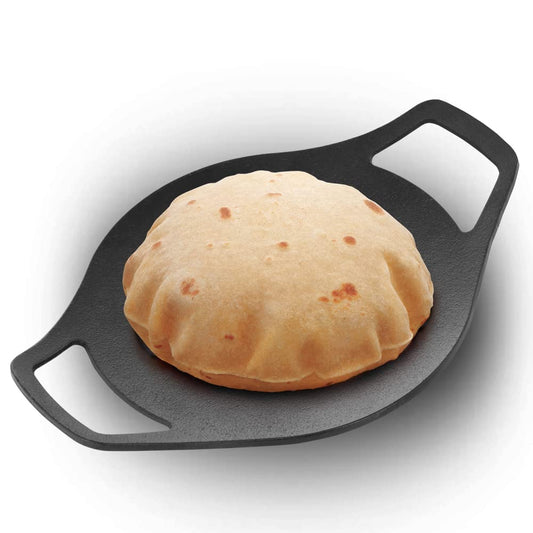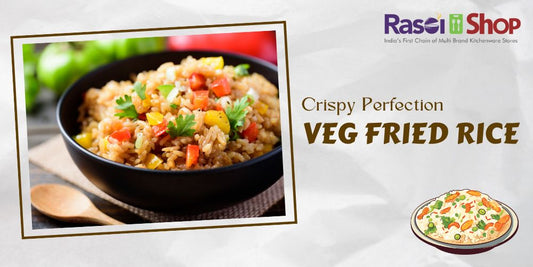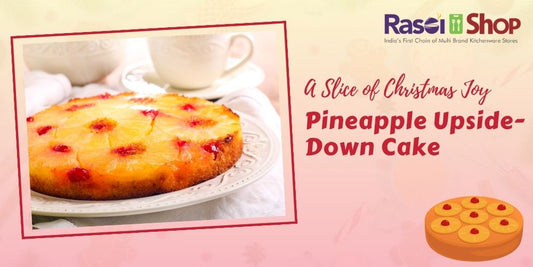Opalware, also known as opal glass or vitro porcelain, is a popular choice for dinnerware due to its elegance, durability, and versatility. With its translucent appearance and resistance to chipping and scratching, opalware is a treasure to have in your kitchen. However, to maintain its pristine condition and extend its lifespan, proper care is essential. In this blog post, we'll provide you with a comprehensive care guide to ensure your opalware remains sparkling and beautiful, allowing you to cherish your dinnerware collection for years to come.
- Gentle Handwashing: While opalware is dishwasher-safe, handwashing is the preferred method for longevity. Use a soft sponge and mild dish soap to clean your opal dinnerware gently. Avoid using abrasive scouring pads or harsh chemicals that may damage the glaze.
- Avoid Extreme Temperatures: Opalware is designed to withstand temperature changes, but extreme thermal shocks can cause cracks. Allow your opal dinnerware to cool down before immersing it in water after being in the oven or microwave.
- Storing with Care: When storing your opalware, stack plates and bowls with care to prevent scratches. Use felt or non-slip liners between each piece to create a protective barrier.
- Use Non-Abrasive Cleaners: To maintain the pristine finish of your opal dinnerware, use non-abrasive cleaners and soft cloths. Avoid using steel wool or harsh scrubbers that may scratch the surface.
- Microwave and Oven Safety: Opalware is microwave and oven-safe, but avoid using it under a direct flame or subjecting it to rapid temperature changes. Gradual heating and cooling are recommended.
- Avoid Sudden Temperature Changes: To prevent thermal shocks, avoid exposing opalware to sudden temperature changes, such as transferring it directly from the fridge to a preheated oven.
- Beware of Citrus and Acids: Acidic substances like citrus juices or vinegar may cause a reaction with the opalware's glaze. Rinse off any acidic residues promptly to prevent potential damage.
- Inspect for Cracks: Regularly inspect your opalware for any cracks or chips. If you find any damage, discontinue using the piece to prevent further issues and consider replacing it.
By following these care tips, you can keep your opalware looking stunning and in top condition. Remember to treat your opal dinnerware with gentle care, and it will reward you with many delightful dining experiences. Embrace the beauty and functionality of opalware and cherish it as a timeless addition to your kitchen for years to come.





